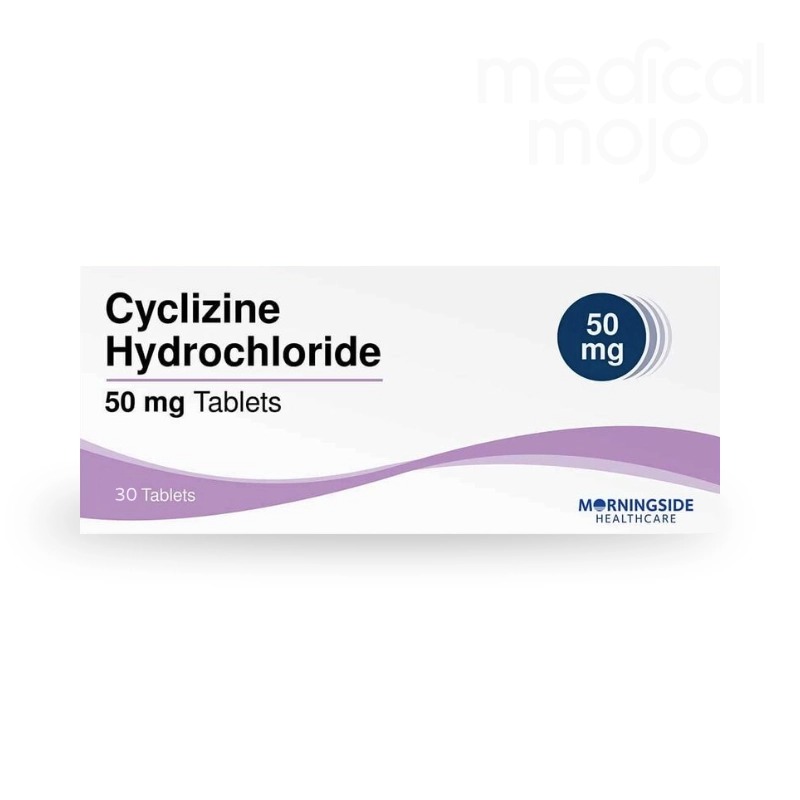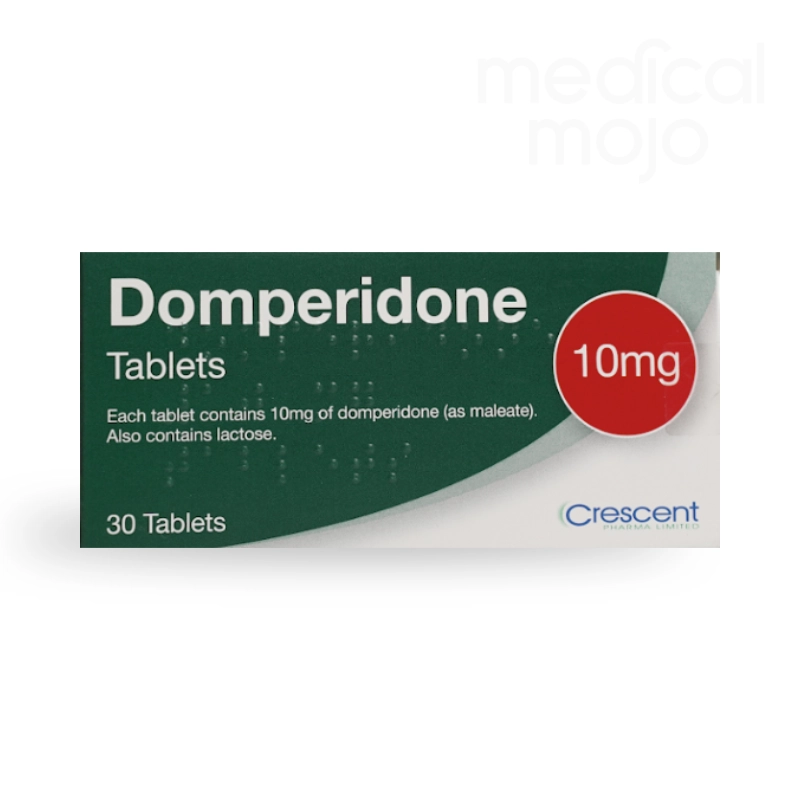Nausea and vomiting
Green around the gills? Find effective solutions for nausea and vomiting
Fast and effective treatments to stop that queasy feeling ruining your day.
Start travelling again with our range of preventative medicines for motion sickness.
Find the right nausea and vomiting treatment for you
View All ProductsWhat you should know about nausea?
Nausea can be triggered by a variety of factors, including motion sickness, pregnancy, infections, overeating, certain medications, and even stress or anxiety.
No, nausea doesn’t always lead to vomiting. It’s possible to feel nauseous without actually being sick, though vomiting can sometimes relieve the sensation.
To relieve nausea, try sipping on ginger tea, eating a bland snack like crackers, getting some fresh air, or using over-the-counter anti-nausea medications.
If your nausea persists for more than 48 hours, is accompanied by severe pain, or if you see blood in your vomit, it’s important to seek medical attention.
Yes, greasy, spicy, or highly acidic foods can worsen nausea, as can caffeine and alcohol. Sticking to bland, easy-to-digest foods can help.
While nausea is often harmless and temporary, it can sometimes be a symptom of more serious conditions, such as migraines, gastrointestinal disorders, or even heart problems. Persistent or severe nausea should be evaluated by a doctor.
Ginger, peppermint tea, acupressure, and small sips of cold water are popular natural remedies that can help ease nausea.
Depending on the cause, you can often prevent nausea by avoiding known triggers, eating small and frequent meals, staying hydrated, and using preventive medications if prone to motion sickness or migraines.
Additional information
What is nausea?
Nausea is your body’s way of saying, “You might want to keep a bucket nearby—just in case.” We have all experienced that feeling when your stomach churns and you feel like you are going to projectile vomit over a priest during an exorcism (Gen Z may struggle with this reference). Before we demonise vomiting ( I hope you see what I did there) we should appreciate that it is your body’s emergency eject button, designed to quickly expel harmful substances or irritants from your stomach before they can do more damage. It’s a protective reflex to keep you safe, even if it feels anything but pleasant. But the body is kind enough to warn you when you are about to see the half digested contents of your stomach by causing you to have a queasy sensation. That feeling folks is nausea.
Nausea is not an illness in itself but rather a symptom of various underlying conditions. Common causes include viral infections (often termed “stomach flu”), overeating, food poisoning, pregnancy, motion sickness and exorcisms by priests (Just kidding about the last one).
For most adults, nausea is usually not serious and tends to resolve on its own within a day or two. However, if you’re experiencing persistent nausea, it’s important to consult your GP to identify any underlying causes and receive appropriate treatment.
What causes nausea?
Nausea can be triggered by a variety of factors, including:
- Pregnancy: Commonly in the first trimester, known as morning sickness.
- Motion sickness: Sensitivity to movement during travel, whether by car, boat, or plane.
- Infections: Viral or bacterial infections, particularly of the gastrointestinal tract.
- Medications: Some drugs, including chemotherapy, antibiotics, and certain painkillers, can induce nausea.
- Food poisoning: Consuming contaminated food or drinks can lead to nausea.
- Stress and anxiety: Emotional stress can also be a significant factor in triggering nausea.
What are the symptoms of nausea?
Nausea symptoms can vary in intensity and are often described as an uneasy feeling in the stomach, chest, or throat. It may be associated with:
- Headache
- Fever
- Diarrhoea
- Gas
- Vomiting
- Dizziness
- Lightheadedness
- Abdominal pain
How to treat nausea
The treatment for nausea depends largely on its cause. For occasional nausea, over-the-counter options can provide quick relief. However, if you’re experiencing frequent or severe nausea, it’s best to consult your GP, who may recommend prescription medications.
Medications for nausea:
- Domperidone tablets: Domperidone helps to move food through the stomach more quickly, reducing the likelihood of nausea and vomiting. It is typically prescribed for short-term relief of nausea and should be taken 15-30 minutes before meals, up to three times a day. It’s important not to exceed the recommended dosage.
- Buccastem (Prochlorperazine): Buccastem M tablets are designed to treat nausea associated with migraines. The tablet should be placed in the cavity between your gum and upper lip, where it dissolves over a few hours. This method allows the medication to be absorbed directly into the bloodstream, offering relief from nausea. This method of administration makes sense if you are feeling sick, because the last thing you want to do is add a tablet to the toxic mix brewing in your stomach. By taking advantage of the rich blood supply in the mouth, sublingual or transmucosal buccal films get a VIP pass straight into the bloodstream without passing through the stomach, small intestine and liver. The dose for the Buccastem is typically used once or twice daily, but follow your doctor’s instructions closely.
- Prochlorperazine tablets: Prochlorperazine is another effective anti-nausea medication, often used to treat severe nausea and vomiting, including that caused by vertigo or migraine. It’s usually taken as a tablet or buccal tablet. It’s essential to take it exactly as prescribed by your doctor, usually once or twice daily.
Alternative treatments for nausea
If you prefer to avoid or complement medicinal treatments, there are several alternative therapies that may help alleviate nausea:
- Ginger: Ginger has long been used as a natural remedy for nausea. It can be taken in various forms, including ginger tea, ginger ale, or ginger supplements. Some studies suggest that ginger may be effective in reducing nausea, particularly in pregnancy and after surgery.
- Peppermint: Peppermint tea or peppermint oil can help soothe the stomach and reduce feelings of nausea. Sipping on peppermint tea or inhaling peppermint oil may provide relief.
- Acupressure: This traditional Chinese technique involves applying pressure to specific points on the body. The P6 point, located on the inner wrist, is commonly used to relieve nausea. Acupressure wristbands are available that apply continuous pressure to this point.
- Hydration: Staying hydrated is crucial when experiencing nausea. Sipping on clear fluids, such as water or herbal teas, can help ease the sensation. Avoiding carbonated or sugary drinks is recommended, as they may worsen symptoms.
- Aromatherapy: Certain scents, such as lemon or lavender, may help reduce nausea. Inhaling these scents through essential oils can provide a calming effect and alleviate queasiness.
These alternative treatments can be used alone or alongside medication to manage nausea. While they may not work as quickly as prescription options, they are generally safe and have minimal side effects.
How to prevent nausea
Preventing nausea involves identifying and avoiding your specific triggers. Here are some tips:
- Eat small, frequent meals: Instead of large meals, eat smaller portions throughout the day.
- Stay hydrated: Drink fluids regularly, but avoid drinking large amounts at once.
- Avoid known triggers: Avoid foods, smells, or activities that you know can trigger your nausea.
- Manage stress: Practice relaxation techniques to reduce stress and anxiety, which can contribute to nausea.
Travel sickness
Travel sickness, also known as motion sickness, occurs when your brain receives conflicting signals from your inner ears, eyes, and sensory nerves. This conflict can lead to nausea, dizziness, and vomiting. To prevent travel sickness:
- Plan ahead: Take an anti-sickness medication such as Prochlorperazine or Domperidone about 30 minutes before traveling.
- Sit in a stable position: In a car, sit in the front seat and focus on the horizon. On a boat, try to stay in the middle where there’s less motion.
- Avoid reading or watching screens: This can increase the sensory conflict that leads to motion sickness.
- Stay hydrated: Drink water but avoid alcohol and heavy meals before and during your journey.
When to Seek Medical Attention
While nausea often resolves on its own, you should seek medical attention if:
- Symptoms Persist: If nausea or vomiting lasts more than 48 hours.
- Signs of Dehydration: Symptoms like dark urine, dry mouth, or dizziness.
- Severe Pain: Accompanying severe abdominal pain or headaches should be checked by a doctor.
- Vomiting Blood: If you notice blood in your vomit, seek immediate medical help.
- Unexplained Weight Loss: If nausea and vomiting lead to significant weight loss or an inability to keep food down.
Buy online from Medical Mojo
At Medical Mojo, we offer a range of treatments to help you manage nausea effectively. Whether you’re dealing with motion sickness or nausea from other causes, we have medications available for quick, discreet online purchase. Our expert team is here to guide you to the best treatment options, ensuring you get the relief you need. Shop now at MedicalMojo.co.uk and regain control of your day.
BSc Pharmacy, Independent Prescriber, PgDip Endocrinology, MSc Endocrinology, PgDip Infectious Diseases
Superintendant Pharmacist, Independent Prescriber
MbChB, Coaching Academy diploma with distinction
GP, Medical coach





